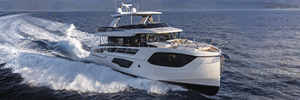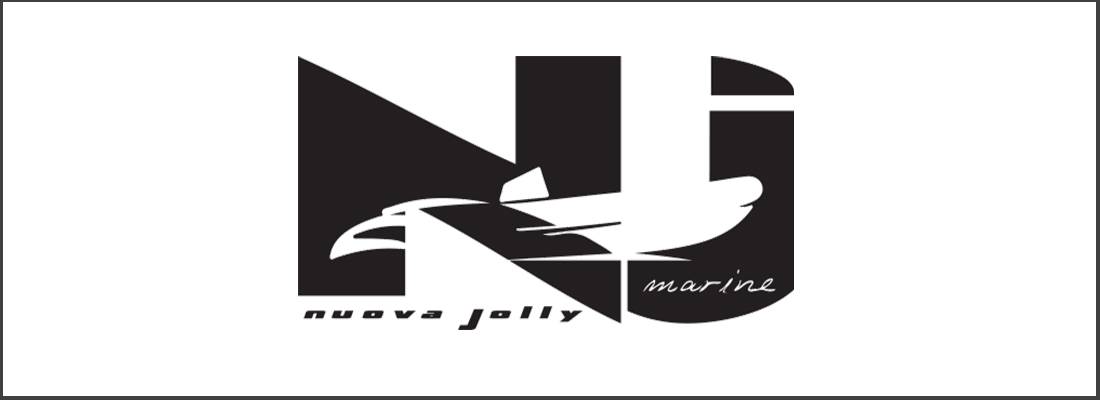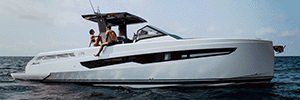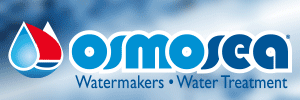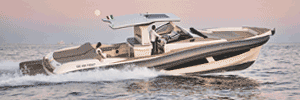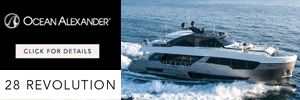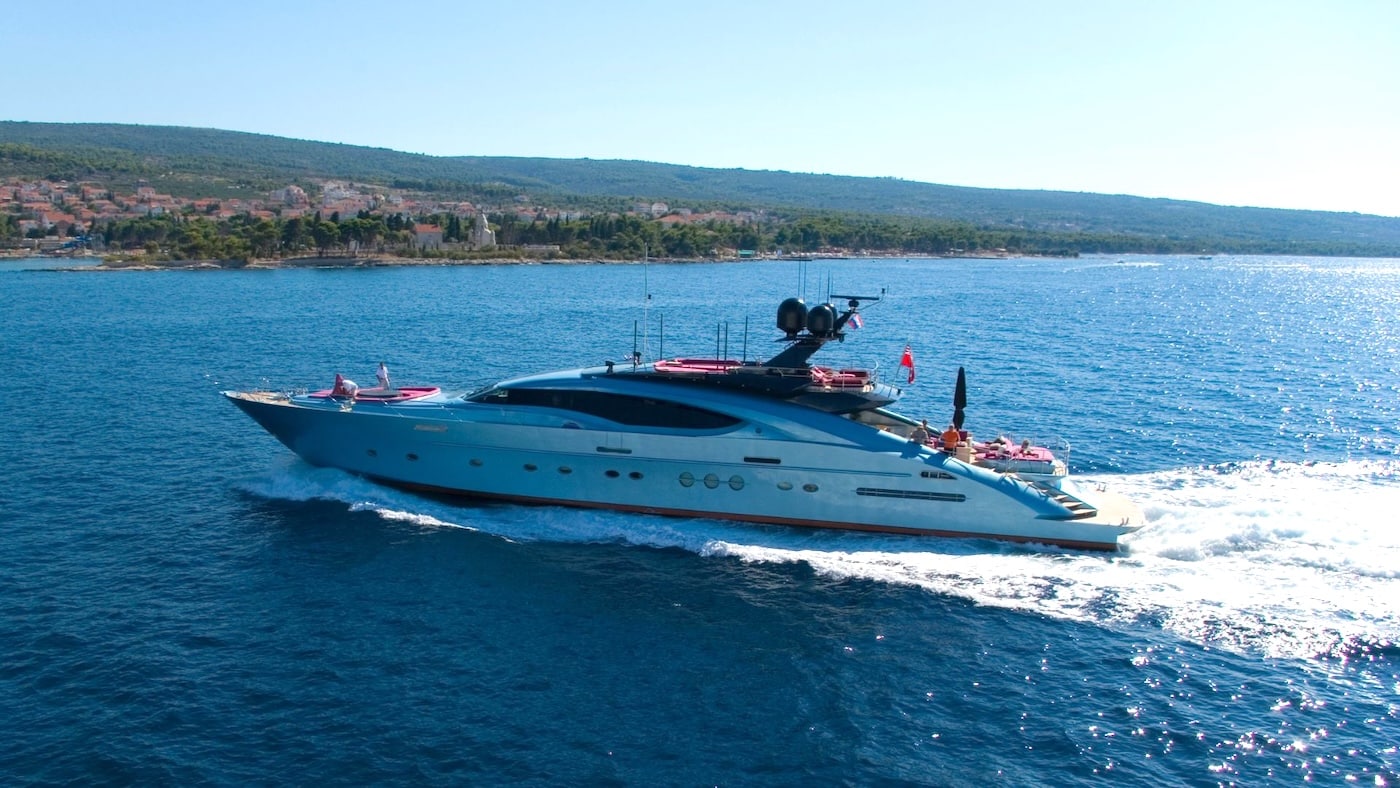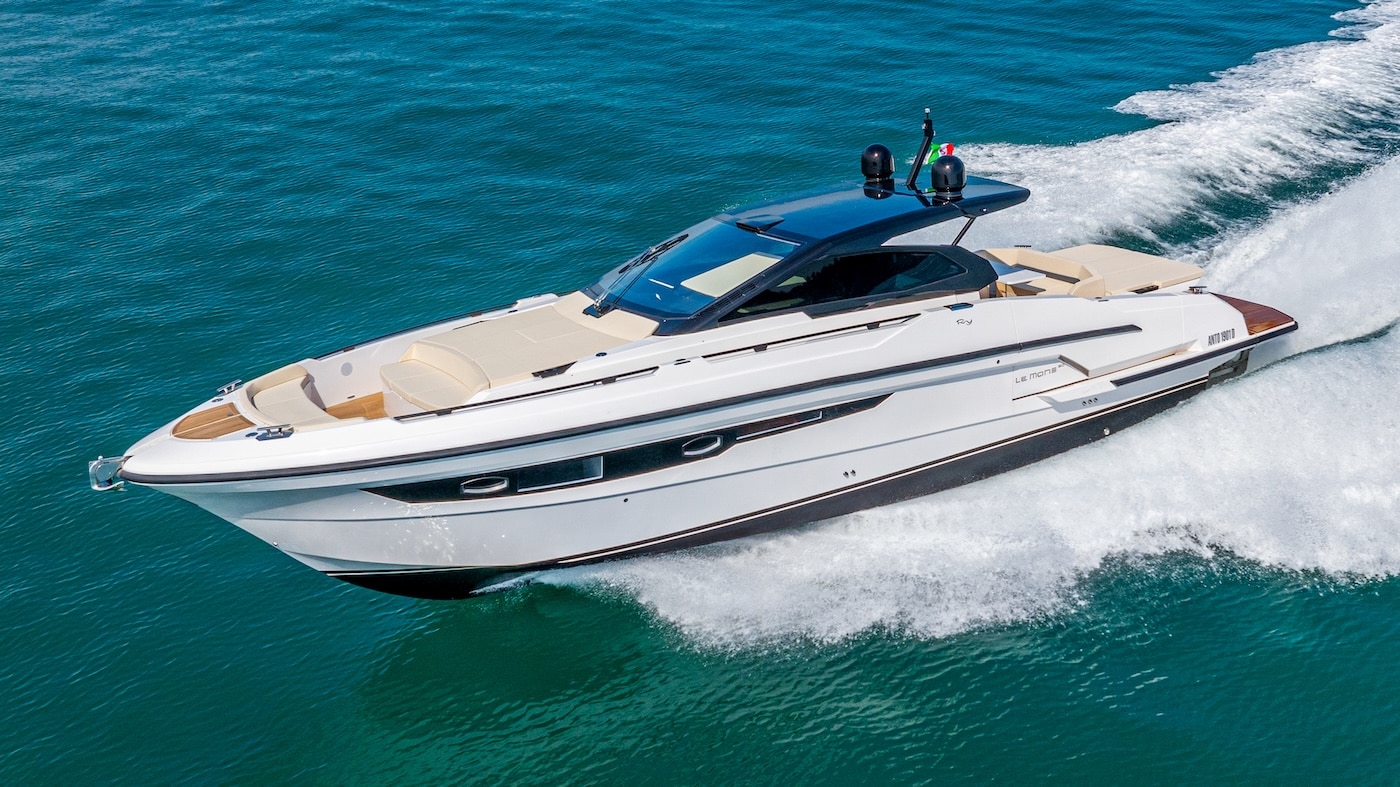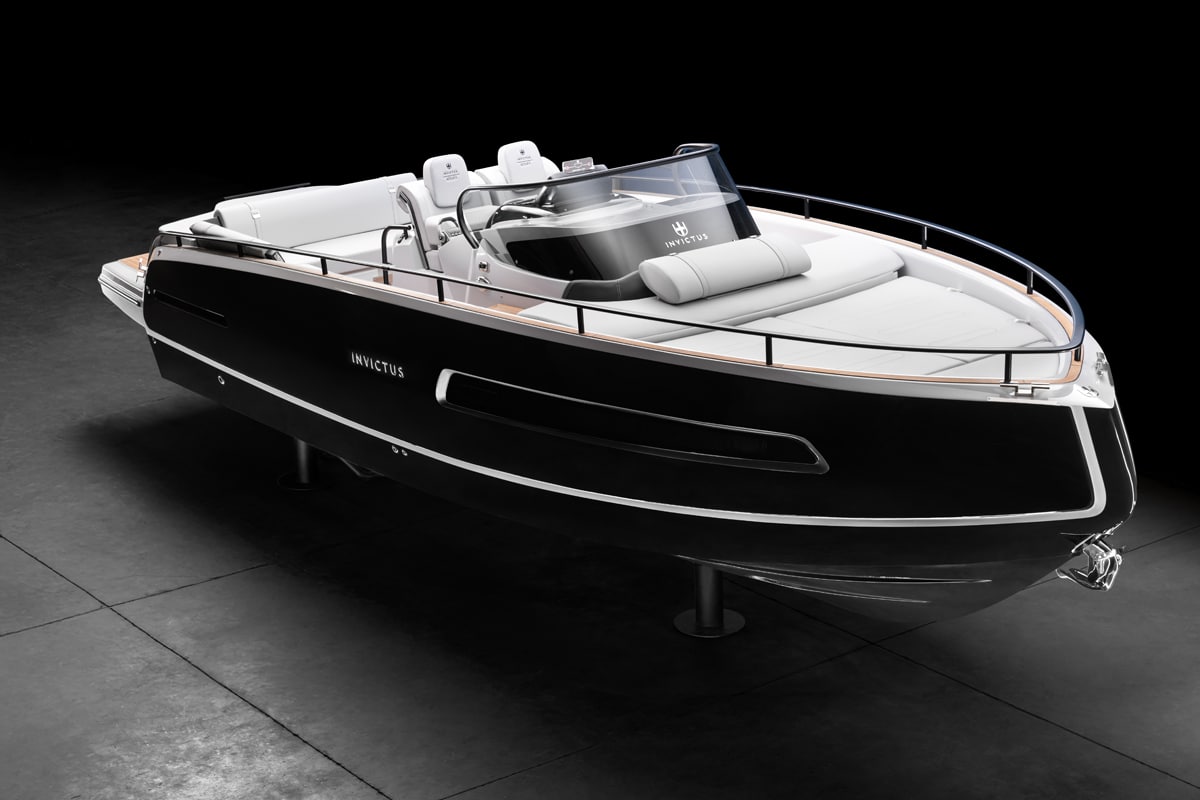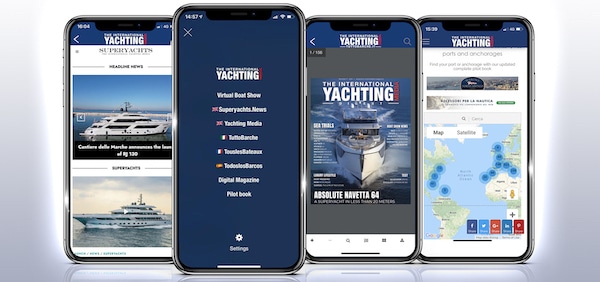Usually, I’m personally very 
In this spirit, we’ve tested the Magellan 630 by Boero Yacht Coatings. It’s a copper-free self-polishing antifouling paint with innovative SPC technology (Self Polishing Copolymer).
The product was applied on our boat last March in our test centre located within Alfa Shipyard in Marina di Varazze, Italy. On that occasion, assisted and supervised by the attentive Boero staff, we filmed the video tutorial you can now find below.

Today, 3th August, we’re in Corsica and we dive to find out what’s happened 5 months after the application of this antifouling paint on our hull.
As soon as the bobbles generated by our dive clear away, the Daydreamer’s hull clearly appears. Our first impression is positive and we’re immediately astonished by the fact that hull, shaft and propeller are all substantially clean. Of course, there’s a very slight green ring here and there but no sign of fouling is there.
No sign of protozoa or macro-algae, except for sea cocks that, 
The delimitation of the area exposed to the inauspicious proliferation explains a lot about the real efficiency of the product.
We continue our underwater inspection and decide to have a look at both the skeg and rudder blade, whose zones positioned close to the waterline are normally subject to the phenomenon because of their verticality and consequent sun exposure. Everything is ok and perfectly clean. The centre board, too, is equally clean.
Since we careened, we’ve covered about 750 nautical miles, both sailing and navigating under power. Shafts and propellers are generally the areas most exposed to the problem, especially if, as in our case, the propeller is equipped with steerable blades. The mechanisms that feather the propeller and reverse blades are usually the first to be covered with fouling. However, what we find is just a slight inevitable ring and some little “flowerings” on the surface.
 Conclusions
Conclusions
The Magellan 630, used for our hull, and the Orion Extra, applied on both shaft and propeller, feature an above-average quality. What I can say is that I’d never seen such performances.
Of course, the application quality, too, is important and Alfa Shipyard has done a really good work.
As you know, our Daydreamer will be docked at the Marina Porto Anticola during the next Genoa International Boat Show, where we’ll be very pleased to welcome our readers and share our tests and experiences. As an alternative, if you’re sailing between Corsica and Sardinia, you can see with your eyes what is written in this article. After all, diving in these warm crystal-blue waters is always a pleasure.
Product descriptions (as presented in the producer’s website)

MAGELLAN 630, TRANSOCEANIC SPC ANTIFOULING
Copper-free self-polishing antifouling with innovative SPC (Self Polishing Copolymer) technology. This antifouling performs both in freshwater and saltwater, ensuring maximum effectiveness against the most aggressive fouling and optimizing fuel consumption with consequent reduction in emissions (CO2). It contains no tin and can be applied on all surfaces, including aluminum. The colors are brilliant, to be used only in professional applications. It meets the requirements of IMO (AFS/CONF/26) on antifouling and uses biocides already in line with the BPR Directive (European Biocide Product Regulation). It is suitable for boats with speeds greater than 35 knots; depending on the thickness of the film, it can be suitable for various seasons.
ORION EXTRA, ANTIFOULING FOR PROPELLERS, SHAFTA AND OUTDRIVES
Insoluble matrix antifouling specific for protecting propellers, steel shafts and aluminium outdrives from marine fouling.
MISTRAL FONDO, CHLORINATED RUBBER UNDERCOATS
Anti-corrosive mono-component chlorinated rubber undercoat is a highly waterproofing product, developed for underwater surfaces. It is ideal as sealer on old antifouling of unknown nature before applying the new antifouling. It allows to obtain a high-thickness and creates a true “barrier effect” between the water and the painted surface. It can be applied on properly prepared steel and wood both internally or externally of the boat. It is also recommended as an undercoat on emerged surfaces in mono-component painting systems.
Hull treatment Video Tutorial
https://www.facebook.com/tuttobarche/videos/1536975602988128/





